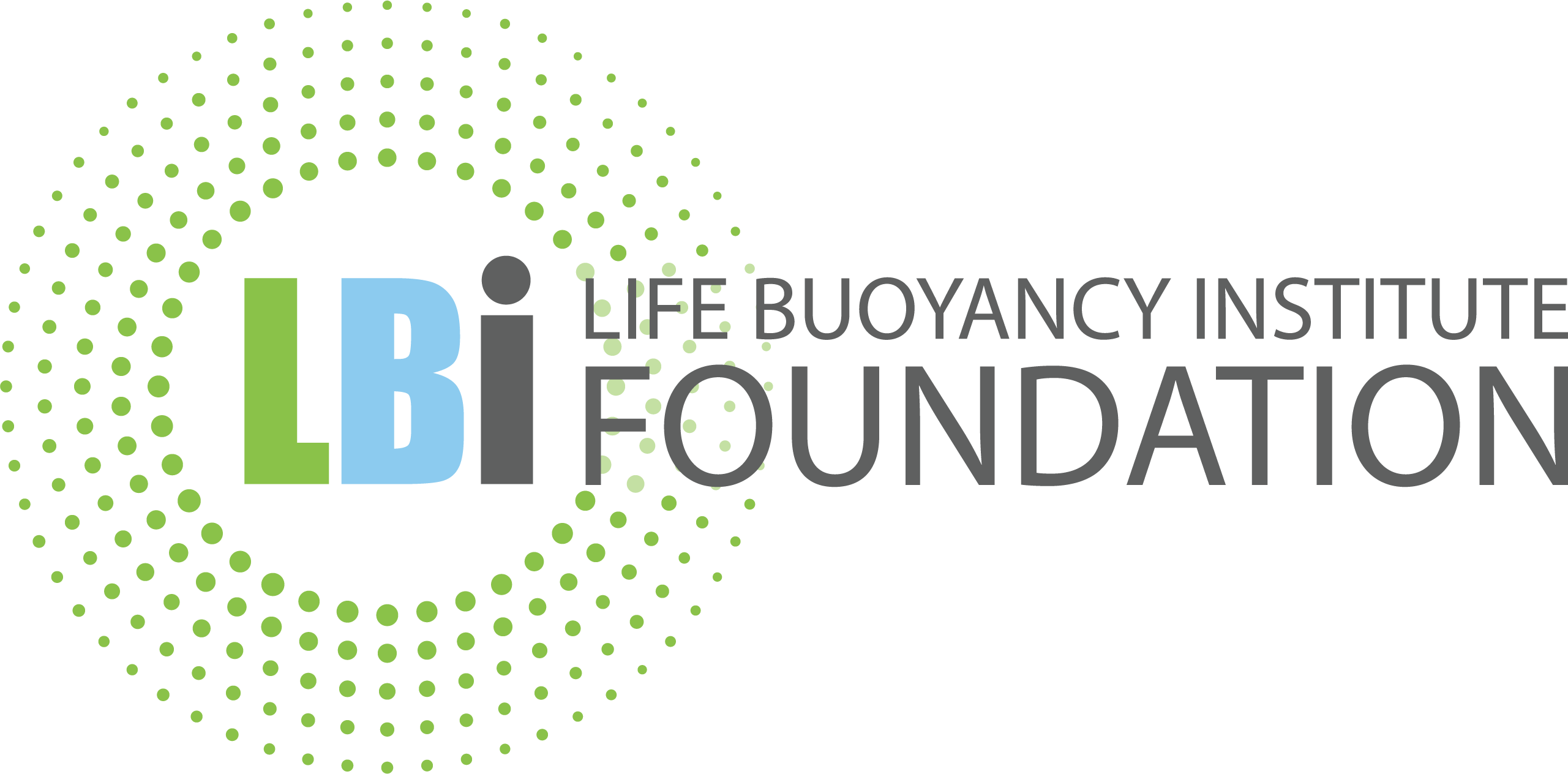Introducing the Article
Wellbeing-Responsive Community: A Growth Target for Intentional Mental Health Promotion.
Dr Ivan Raymond, LBI Foundation
Karena J Burke, Central Queensland University
Kylie Agnew, LBI Foundation
David Kelly, LBI Foundation
With mental illness remaining a significant burden of disease, there is an ongoing need for community-based health promotion, prevention, and responses (or “mental health promotion activities”).
The health promotion, community development, and positive psychology literature identifies significant heterogeneity in the design and delivery of these activities. This variability spans: (1) individual vs. group outcomes, (2) psychological vs. sociological determinants of change, (3) promoting wellbeing vs. reducing mental health symptoms, and (4) the degree activities are contextualized vs. standardized in design and delivery.
Mental health promotion activities do not easily accomplish this level of complexity within design and implementation. This has led to the emergency of the complexity-informed health promotion literature and the need for innovative tools, methods, and theories to drive this endeavor.
This article directly responds to this call.
This article:
- Introduces “wellbeing-responsive community”: a vision and outcome hierarchy (or growth target) for intentionally delivered mental health promotion.
- Describes the rationale and evidence underpinning the conceptualization of a wellbeing-responsive community through the integration of three key disciplines: (1) positive psychology, (2) ecological or systems approaches, and (3) intentional practice (implementation science).
- Provides a definitional, contextual and applied overview of the wellbeing-responsive community, including a hierarchy of outcomes and associated definitions.
Reference:
Raymond IJ, Burke KJ, Agnew KJ and Kelly DM (2023) Wellbeing-responsive community: a growth target for intentional mental health promotion. Front. Public Health 11:1271954. doi: 10.3389/fpubh.2023.1291954
For further information, please click here.
New Articles
- Wellbeing Responsive Community: A Growth Target for Intentional Mental Health Promotion
- Intentional Practice: A Common Language, Approach and Set of Methods
- Strengthening the Implementation of Trauma Science
- Intentionally Designed and Delivered Grassroots Social-Emotional Learning Programs
- Resilient Futures: An Individual and System Level Approach For Building Youth Resilience
Categories
Key Messages
Significance of the Article
- This article highlights the importance of embracing complexity in the design, review, and implementation of mental health promotion.
- A wellbeing-responsive community is offered as a novel construct and outcome hierarchy (or growth target) to support the design and implementation of intentional mental health promotion. It has been designed to honor and capture complexity and draw upon the features of contextualization, co-construction, local empowerment and intentionality.
- By uplifting the “processes” of designing and implementing locally contextualized solutions, it is postulated to offer a transdisciplinary and unifying construct for communities to deliver local mental health and wellbeing outcomes.
- It is founded upon the premise that the burden of mental illness within our community can only be reduced when communities, big and small, come together in shared intent. In other words, they are empowered to embrace complexity in the design and implementation of locally owned and delivered solutions.
Further Information
For further information on this article, please contact Dr Ivan Raymond on ivan.raymond@lbi.org.au








